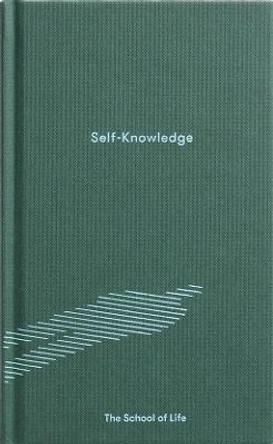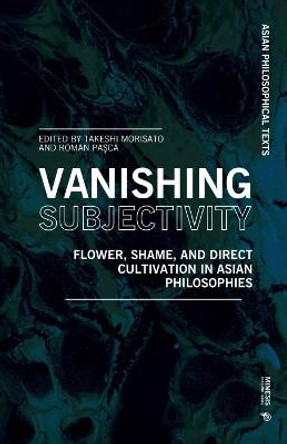This introduction to Tanabe Hajime (1885-1962), the critical successor of the "father of contemporary Japanese philosophy" Nishida Kitaro (1870-1945), focuses on Tanabe's central philosophical ideas and perspective on self, world, knowledge, and the purpose of philosophizing. Addressing Tanabe's life-long study of the history of Anglo-European philosophy, Takeshi Morisato explores his notable philosophical ideas including the logic of species, metanoetics, and philosophy of death. He sets out Tanabe's belief that the Anglo-European framework of thinking is incapable of giving sufficient answers to the philosophical questions concerning the self and the world together and discusses the central ideas he developed while working in both Judeo-Christian and Mahayana Buddhist traditions. Featuring comprehensive further reading lists, discussion questions, and teaching notes, this is an ideal introductory guide to Tanabe Hajime for anyone interested in Japanese and World philosophies, as well as the early development of the Kyoto School.
An introduction to the philosophy of Tanabe Hajime (1885-1962), the founding member of the Kyoto School of Japanese philosophy.About the AuthorTakeshi Morisato is a Visiting Research Fellow at the Department of Japanese Studies, KU Leuven, Belgium, and the editor of the
European Journal of Japanese Philosophy (EJJP).
ReviewsThis book
presents lucid translations and discussions of issues long haunting Tanabe studies yet unavailable for serious study in English until now. At last a larger audience can interrogate issues concerning the logic of species in relation to contemporary debates over what forms a state or community. A timely book. * Dean Anthony Brink, Professor in the College of Humanities and Social Sciences, National Yang Ming Chiao Tung University, Taiwan *
Book InformationISBN 9781350101708
Author Dr Takeshi MorisatoFormat Paperback
Page Count 224
Imprint Bloomsbury AcademicPublisher Bloomsbury Publishing PLC
Weight(grams) 284g









